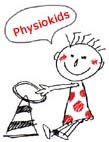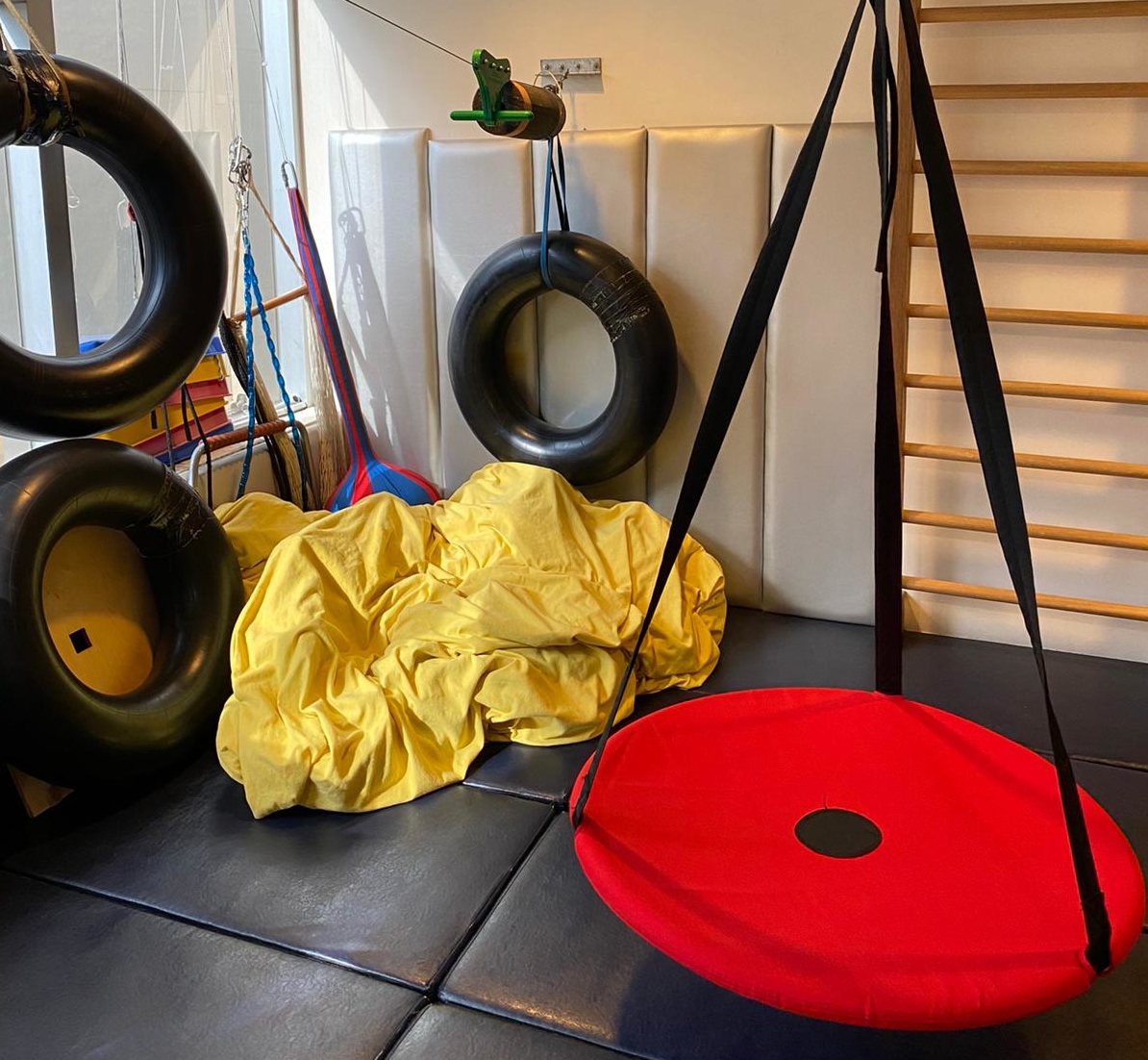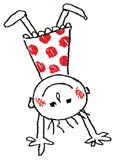Physiokids
“Physiotherapy for children in a friendly, motivating and stimulating environment”
Physiokids provides private Paediatric Physiotherapy services for children 0-16 years with problems in physical and sensory-motor development. A working knowledge of motor development as well as other aspects of the child’s development is the very basis of the practice of Paediatric Physiotherapy. Children are not miniature adults, their bodies are still developing. Intervention needs to be adapted at different stages of their cognitive, perceptual and motor development.
The aim of Paediatric Physiotherapy intervention is to provide playful, child directed, meaningful activities to lead to a more adaptive and functional life.


Understanding Paediatric Physiotherapy:
A Paediatric Physiotherapist has detailed knowledge of all aspects of a child’s development and is skilled at observing, assessing and providing treatment for children with problems in physical and sensory motor development. They work with children of varying ages from premature babies to adolescents. The aim of the Paediatric Physiotherapist is to provide a program to ensure optimal physical function and development which the child will enjoy, while encouraging them to participate and become independent.
Most children develop in a typical manner. When they move or play, they automatically develop their senses and motor skills. However some children have a delayed or deviant development and require additional assistance. Paediatric Physiotherapists are trained to recognize and treat these problems of movement, sensory motor and posture.
What We Do For You?
If your child has any of the following problems, then you might seek advice from a Paediatric Physiotherapist.
- Slow to achieve rolling, sitting, crawling, walking.
- Difficult to settle, feed or handle.
- Disinterested in people and toys.
- Your baby has poor head control.
- Too “stiff” or too “floppy" and dislikes being moved; or strongly favours the use of one side of the body.
- Your child engages in a lot of repetitive movements with little variety.
- Your baby dislikes being placed on his/her tummy and does not appear to push up with the arms as other children at this age.
- Appears clumsy, has problems with balance, coordination and ball skills.
- Difficulty with focus and attention to an activity.
- Showing poor posture in sitting and standing.
- Sensory issues such as sensitivity to touch, overreacting to loud noises, afraid of heights and fast-moving activities or having difficulty knowing the position of his/her body and its relationship to the surroundings.
